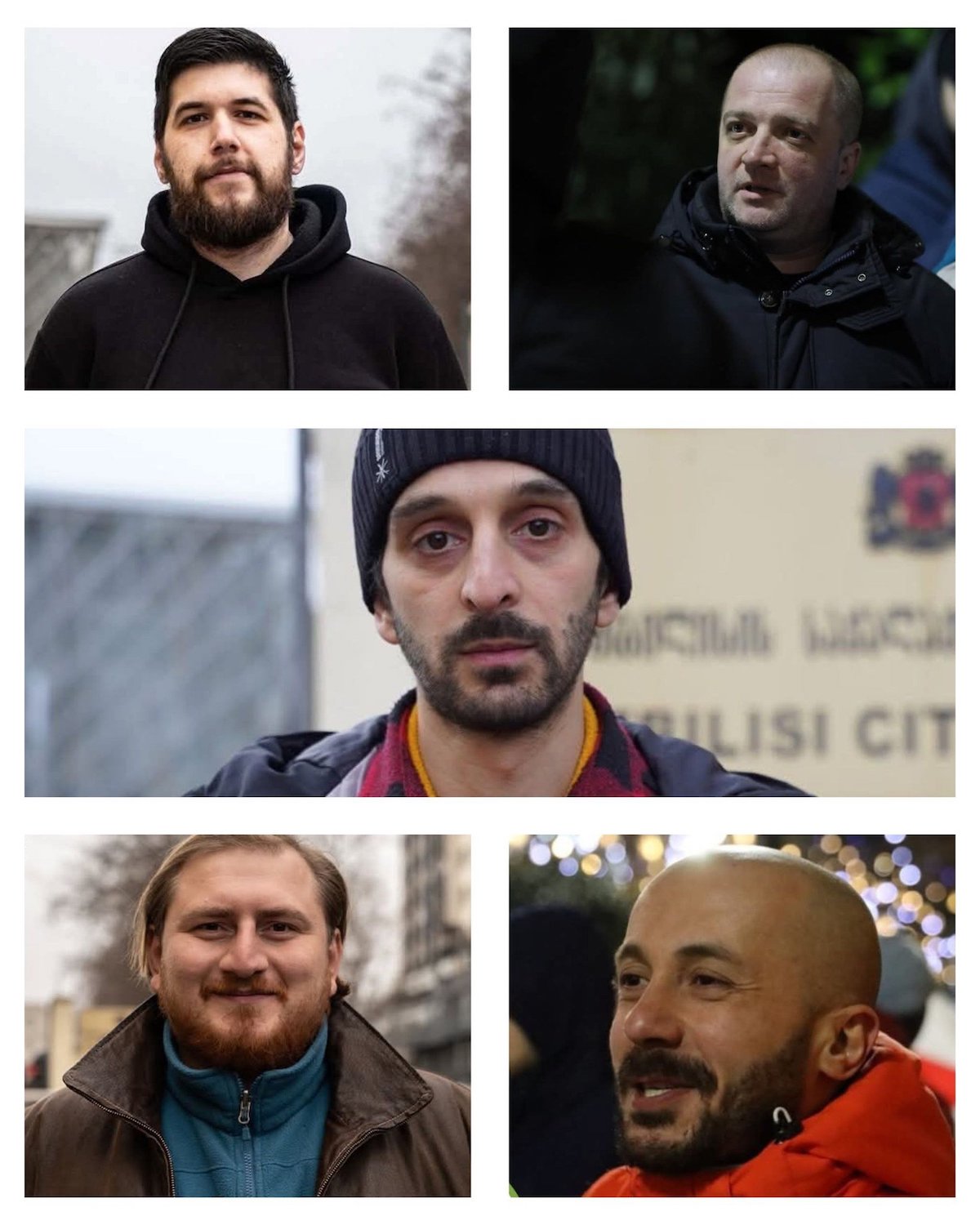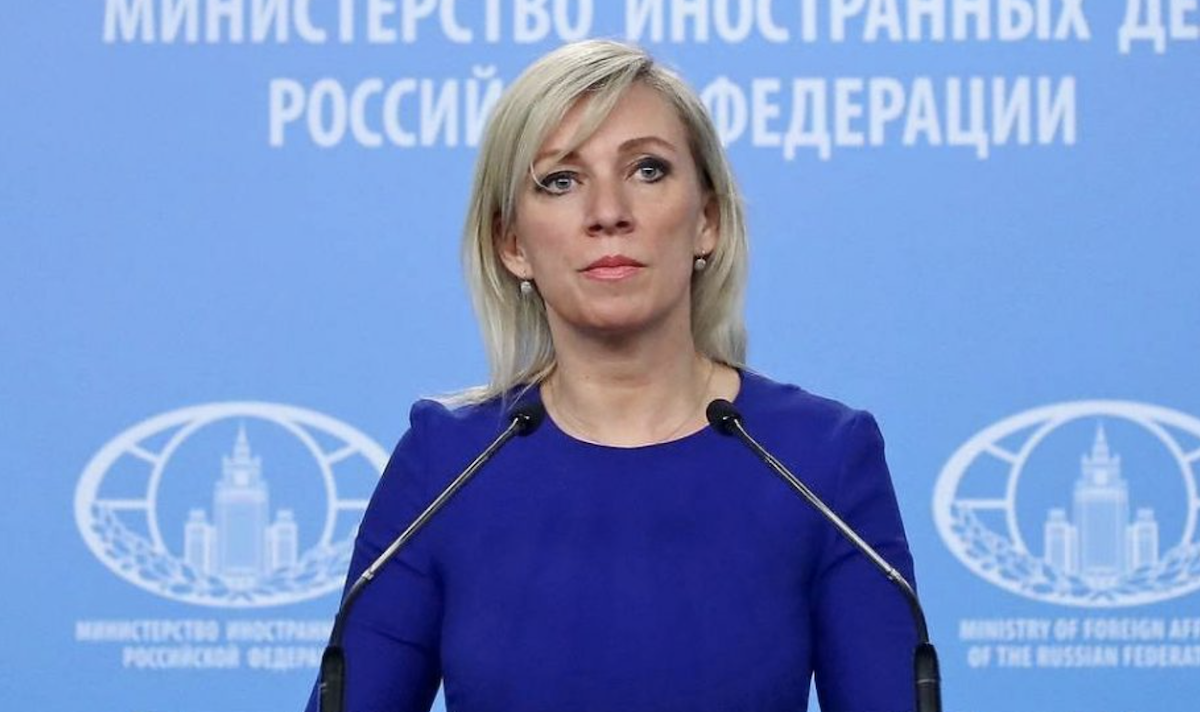Georgia: political crisis emerges as parliament breaks promise, rejects bill on moving to proportional election system
The Parliament of Georgia has rejected a bill in its first reading proposing to move to a fully proportional electoral system.
In doing so, the parliament has broken a promise the authorities made to protesters in June 2019.
In protest of this decision, a number of MPs have left the parliamentary majority, including the vice speaker and several chairmen of parliamentary committees.
The opposition is preparing for street protests and urges supporters to come out.
Politicians are convinced that the informal leader of Georgia and the head of the ruling Georgian Dream political party Bidzina Ivanishvili is behind these processes.
• Georgia political crisis – the oligarch besieged from all sides
• Tbilisi protests – what they mean and what to expect
• Georgia: is the ruling party putting on a show or putting down a mutiny?
____________________
141 MPs registered at the plenary session.
101 MPs, including those from the opposition, supported the transition to a proportional electoral system. Three deputies voted against. However, for the decision to be taken, 113 votes were needed.
The bill was thus vetoed.
The failure of the bill caused noise and excitement in the hall.
The transition to a proportional system was one of the main requirements of the protesters in June 2019 in the center of Tbilisi.
Then the informal leader and chairman of the ruling Georgian Dream party Bidzina Ivanishvili promised to fulfill this requirement.
Two months ago, Georgian Dream proposed a bill to transition to a proportional system for the upcoming 2020 parliamentary elections. The document was signed by 93 MPs from the majority.
However, after the start of the debate, it turned out that some MPs “had changed their minds” and considered the changes “a threat to the country” and would not support the amendment.
However, few in Georgia believe that MPs of the Georgian Dream (including those close to Bidzina Ivanishvili’s business) would dare to rebel against their leader even on such a fundamental issue as a constitutional amendment.
Opposition and civic activists have gathered in front of the parliament building and urged the public to take to the streets.
“Complete mobilization has been announced, come to parliament,” said Shota Digmelashvili, one of the organizers of the June protests.
MPs leave parliamentary majority
Seven MPs from the ruling party – vice speaker Tamar Chugoshvili, Irina Pruidze, Giorgi Mosiashvili, Dmitry Tskitishvili, Tamar Khulordava and Sofio Katsarava – decided to leave the Georgian Dream and their posts in parliament.
“These amendments were very important to us. No matter what caused the failure of this constitutional amendment. We have no choice but to leave parliamentary positions and the majority, since the failure of this amendment is a very difficult issue for which we cannot take responsibility,” Tamar Chugoshvili said.
MP Zviad Kvachantiradze, who left the Georgian Dream party several months ago, called this process “political intrigue”.
Also, the former deputy from the majority of Eka Beselia described the events as a “fatal mistake”.
David Bakradze, leader of the opposition party European Georgia, said the opposition will discuss how the ruling party will respond to this step:
“We have entered into the worst political crisis. Unfortunately, all of us, all of Georgia, will pay a heavy price for this. But the price must be paid by those who created this crisis – the Georgian Dream, its political leadership and personally Bidzina Ivanishvili. So, in the coming days we will discuss the steps. I will not rule out anything starting with a boycott of the election. Our actions will be serious. Due to their actions, the Georgian Dream has not left us an alternative.”
Why is the proportional election system so important for the opposition?
Today, the Georgian parliament is elected according to a mixed system – half of the 150 deputies are elected by party lists, the other half – by majority single-member constituencies.
The opposition and civic activists believe that the current system does not properly reflect the will of the voter, as in the majority districts the party in power traditionally takes advantage.
The transition to a fully proportional system was one of the campaign promises of the Georgian Dream party in 2012, but after coming to power, the party decided to postpone the change in the electoral system until 2024.
Protests in Tbilisi and Ivanishvili’s promises
Mass protests began in Tbilisi spontaneously on June 20, after Russian State Duma MP Sergei Gavrilov spoke from the seat of the parliamentary speaker at a meeting of the Inter-Parliamentary Orthodoxy Assembly in the Georgian Parliament.
The demonstration turned into a clash with the police, as a result of which more than 200 people were injured; several demonstrators lost their eyes.
Due to the incident, the Chairman of the Georgian Parliament Irakli Kobakhidze resigned.
Demonstrations continued in the center of Tbilisi after June 20 for months. The leader of the ruling party Bidzina Ivanishvili announced the transition to a proportional system, thereby satisfying one of the demands of the protesters. However, another requirement, the resignation of the Minister of Internal Affairs Giorgi Gakharia, was not met. In September, Gakharia was instead appointed Prime Minister of Georiga.
The organizers and participants of the protests say that having failed to deliver on promises to amend the electoral system, the authorities and Ivanishvili ‘personally and cynically’ violated the promise made to the public.
The organizers have announced the start of a new protest at 19:00 Tbilisi.


















